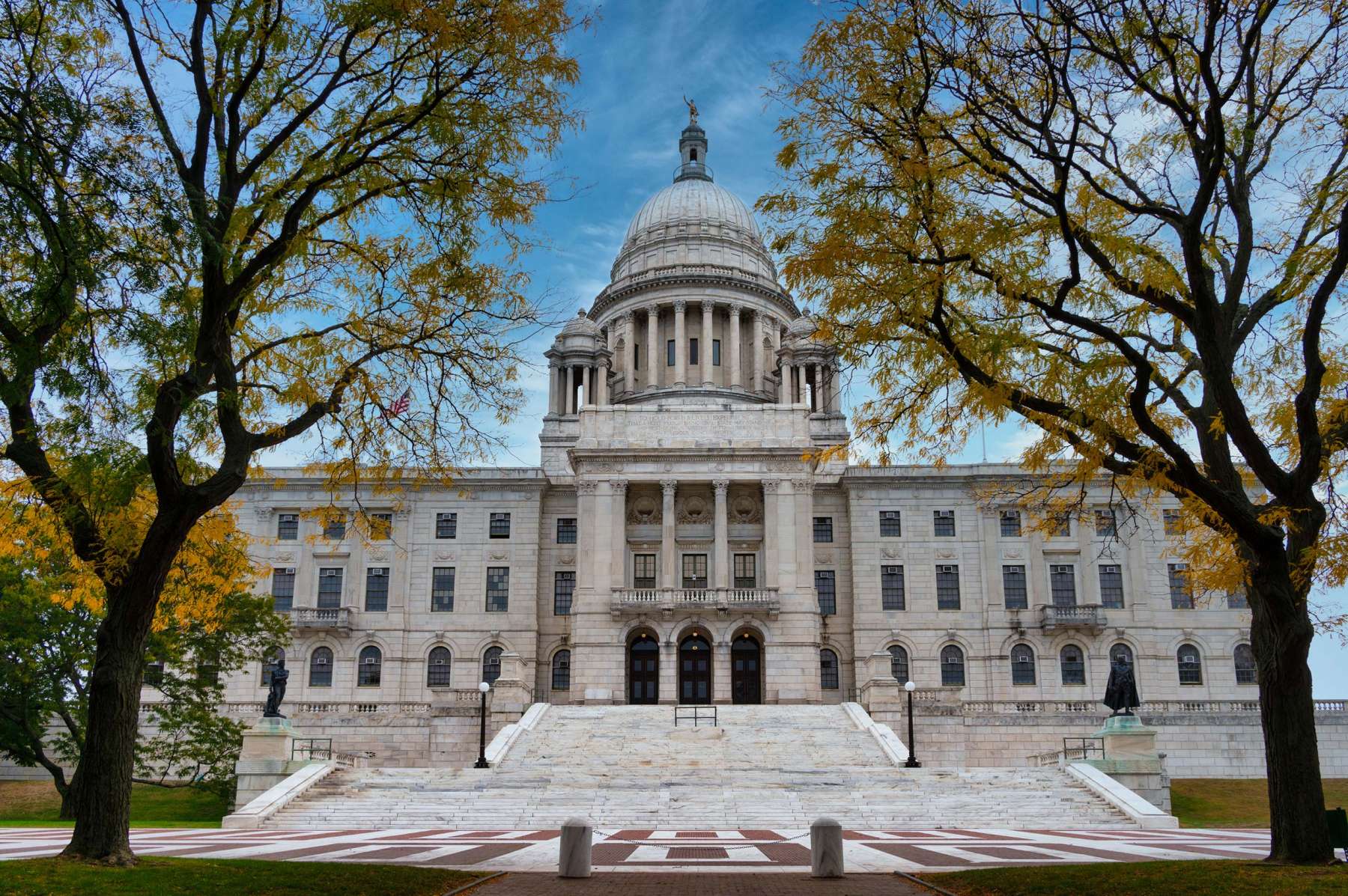Economic Progress Institute breaks down the Governors proposed budget
“The State should be using budget surpluses to invest in Rhode Island programs critical for economic security and prosperity,” said Alan Krinsky, Research and Fiscal Policy Director for The Economic Progress Institute. “If we engage in tax relief, it should be carefully targeted to those who need it most and not to those who are already very well off.”
February 23, 2023, 1:30 pm
By and Steve Ahlquist
The Economic Progress Institute today released an analysis of Rhode Island Governor Daniel Mckee’s proposed FY2024 budget and revised FY2023 budget. The budget analysis summarizes policy proposals and spending recommendations of particular relevance to low-income and modest-income Rhode Islanders. Governor McKee released his proposed $13.75 billion budget for FY2024 (July 1, 2023 through June 30, 2024) on January 19, as well as his revised budget for FY2023, which ends on June 30, 2023.
“The state budget is ultimately a reflection of our values as Rhode Islanders,” said Weayonnoh Nelson-Davies, Executive Director of The Economic Progress Institute. “With the once in a generation budget surplus and rescue plan funds, we have the opportunity to make transformational investments in children, housing, and the people of Rhode Island. As budget negotiations continue throughout the spring, our elected leaders must be thoughtful in how we use this opportunity for Rhode Island.”
The proposed budget is a comprehensive revenue and spending plan for the State of Rhode Island. Revenue sources include General Revenues, Federal Funds, Other Funds (revenue similar to the lottery), and Restricted Receipts (targeted revenue for projects like transportation). The proposed FY2024 and revised FY2023 budgets include spending allocations of nearly the entire $1.13 billion American Rescue Plan Act (ARPA) State Fiscal Recovery Funds (SFRF) allocated to Rhode Island.
“The State should be using budget surpluses to invest in Rhode Island programs critical for economic security and prosperity,” said Alan Krinsky, Research and Fiscal Policy Director for The Economic Progress Institute. “If we engage in tax relief, it should be carefully targeted to those who need it most and not to those who are already very well off.”
Some highlights from the summary:
- The budget includes no proposals for improving RI Works, the state’s cash assistance program that helps Rhode Island residents meet their most basic needs.
- Despite record levels of food insecurity in the state, the Rhode Island Community Food Bank is level-funded at $450,000.
- The proposed budget includes $592,405 in general revenue to expand reproductive care services, including abortion coverage, to Medicaid recipients and $29,500 to expand coverage to state employees.
- The proposed budget reduces the state sales tax from 7.00% to 6.85%, possibly a first step in a larger reduction, with an implementation date of October 1, 2023… Rhode Island already exempts food, medicines, and most clothing from the sales tax, it is unclear whether this measure would increase tax equity and fairness or disproportionately benefit those already able to afford big-ticket items. [emphasis added]
- As required by Rhode Island state law, the state’s motor fuel tax is adjusted for inflation every other year. The proposed budget eliminates the next proposed increase of $0.03/gallon, scheduled for July 1, 2023, and freezes the tax at the current rate of $0.35/gallon until 2025… Because the gas tax is collected from the supplier and not at the pump, there is no guarantee the savings will actually be shared with the consumer. [emphasis added] At least one industry study of more than 100 cases of state gas tax adjustments, both up and down, has concluded that the full adjustment is not typically shared with consumers.
- The proposed budget does not include measures to design a more progressive tax system for Rhode Island or to raise additional revenue to fund critical programs.
The EPI summary highlights FY2024 budget proposals that are important to the fiscal health of the state and Rhode Island residents. Highlights in the analysis include Basic Needs, Housing, Child Care, Education (Pre-K through higher education), Workforce Development, Health Care, and Economic Development.
The EPI summary analyzes the proposed revenue and taxation plans which include the creation of an additional state rainy day fund, a sales tax reduction, temporary suspensions of winter-time utility taxes and a planned increase to the motor fuel tax, and reductions to the corporate minimum tax.
The Economic Progress Institute is a non-partisan research and policy organization that works to ensure the economic security of low- and modest-income Rhode Islanders. Learn more about the EPI Summary of Governor McKee’s Proposed FY2024 Budget here.
See also:






